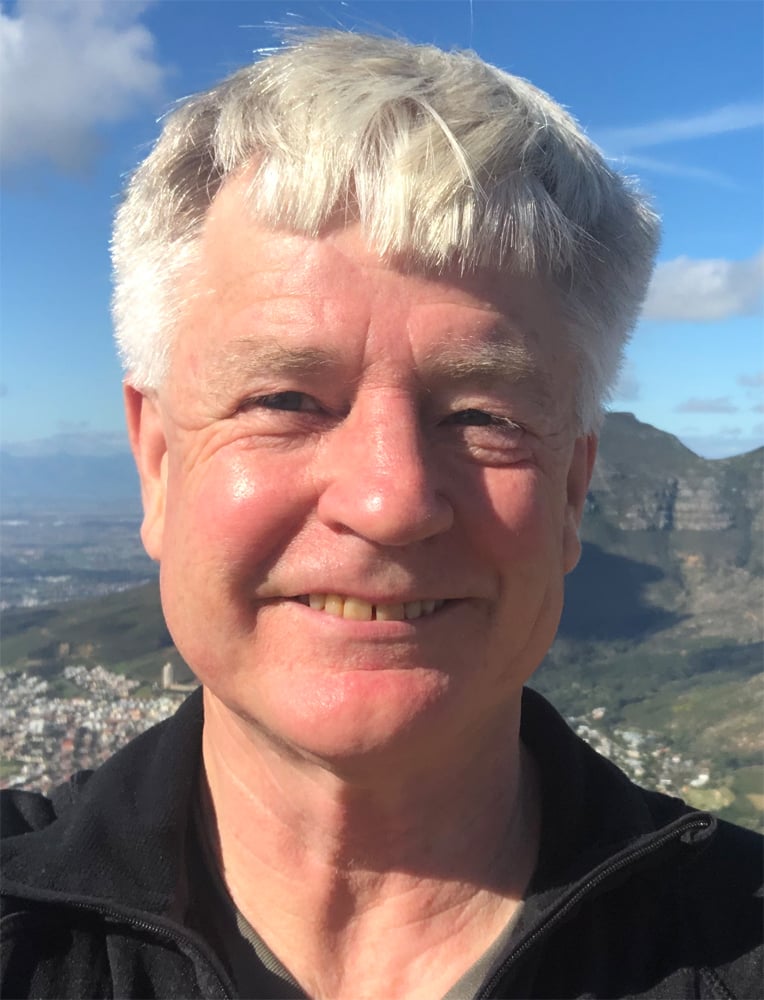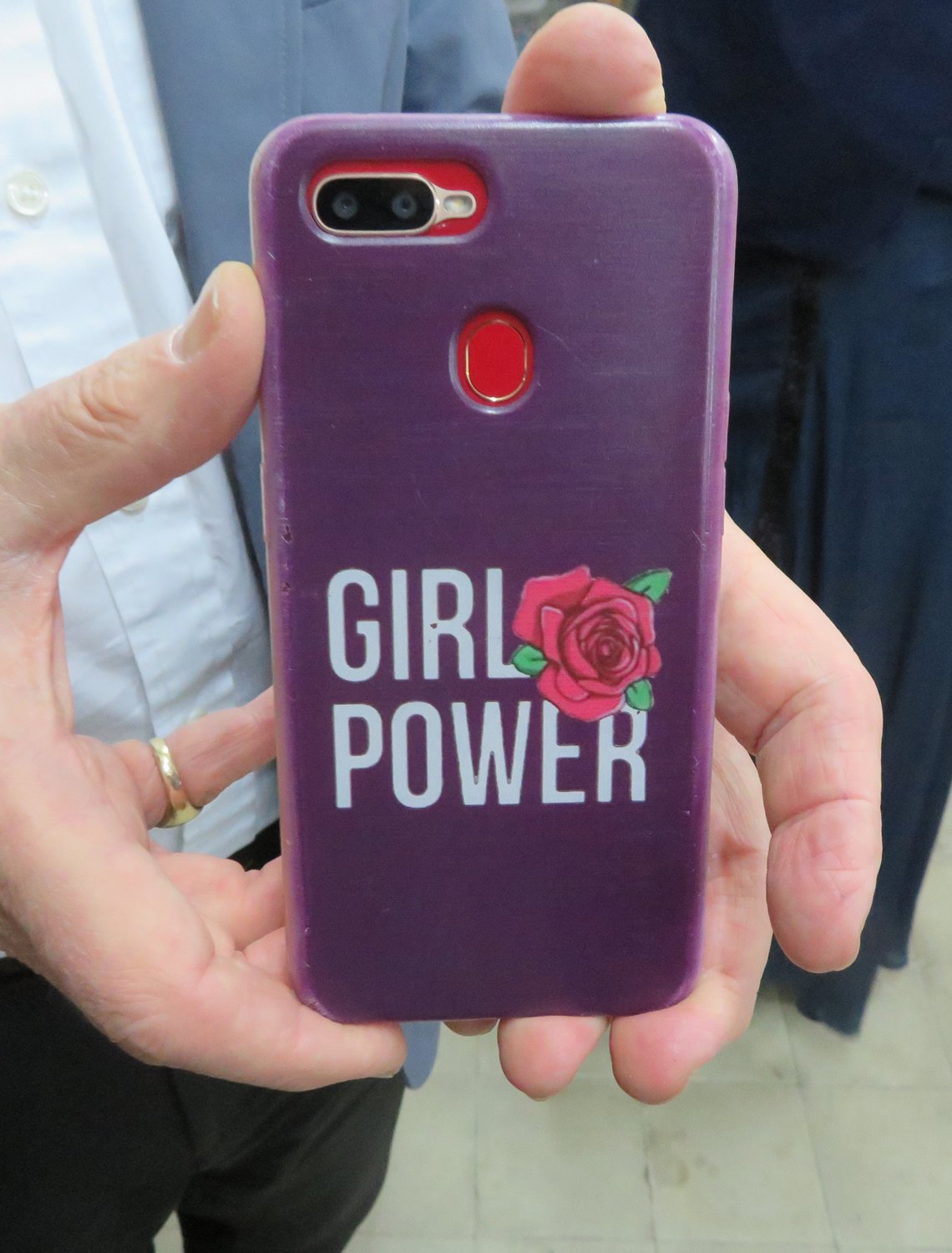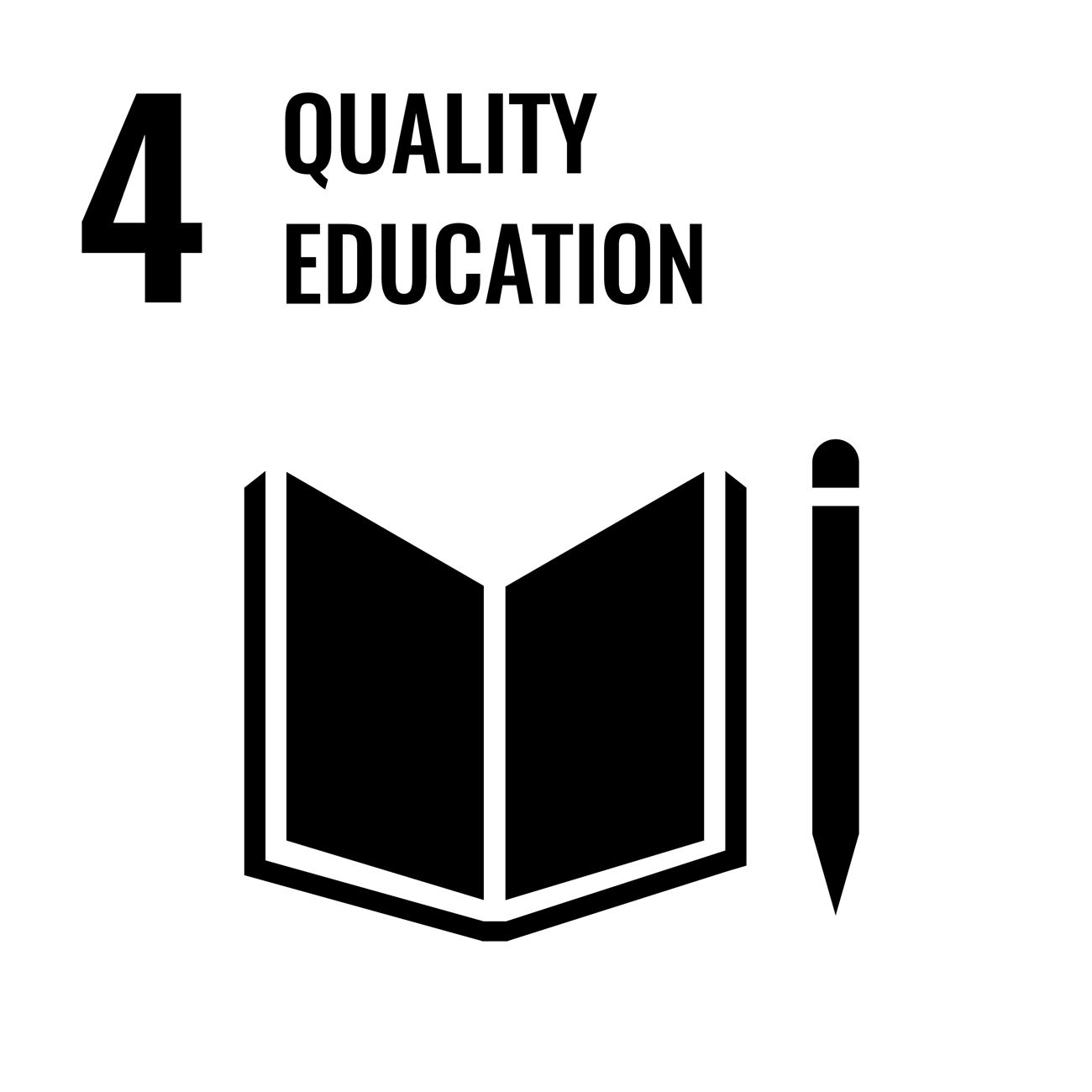#Chair
Chair in ICT for Development
Royal Holloway, University of London – Professor Tim Unwin
Home > Expert Network > Chairs
The team at Royal Holloway undertake the highest possible quality of research and training on the use of digital technologies for “development” (ICT4D).
Their current work is especially with refugees, people with disabilities and women in patriarchal societies, arguably some of the most marginalised people in society. By helping them to use technologies, the Chair is hoping to improve their life experiences and empower people for change.

#ChairThemes
? Technology
? Education
? Literacy
#RelatedChair
UNESCO Chair of ICT in Education for Sustainable Development
UNIVERSITY OF CRETE
#SDG
QUOTE
“A particular highlight [has been] leading on behalf of UNESCO and UNICEF the UN Chief Executive Board’s High-Level Committee on Programme’s work on developing a UN system-wide strategy for the future of education and learning in 2018-19.”
Professor Tim Unwin
UNESCO Chairs are based within Institutes for Higher Education and specialise in specific research fields. They provide policy advice to the UK National Commission for UNESCO and HM government, as well as reviewing UNESCO applications.
ABOUT THE CHAIR
The ICT4D Collective was set up by the current Chairholder, Tim Unwin, in 2004. They’re a group of people committed to undertaking the highest possible quality of research in the field of ICT4D and making the results of this available freely to the global community. They aim to do this primarily in the interests of poor people and marginalised communities, wherever they may be found.
The chair is avowedly interdisciplinary, including people working in computer science, geography, information security, and management. Over time it has attracted affiliated members from across the world. In the early years they concentrated especially on postgraduate training, but now the Chair work focuses much more on large policy-oriented research. In 2007, they created a global community of academics and practitioners in ICT4D on Facebook, and 13 years later this now has more than 5400 members.
Since then, the Chair’s research and practice have evolved to meet the changing needs of people across the world interested in how digital technologies can not only increase economic growth but also reduce inequalities.
ABOUT THE CHAIR’S RESEARCH
Currently in 2020, Tim and his team are involved in four main initiatives:
• The UKRI GCRF MIDEQ project, which works with migrants in 12 countries and focuses especially on developing technologies that might help them reduce inequalities.
• The TEQtogether initiative, developed initially by colleagues in the Chair to change men’s attitudes and behaviours towards women and technology.
• Crafting a report funded by DFID and the World Bank on how governments can best use digital technologies to restructure their education systems following the immediate crisis caused by COVID-19
• Working with Jigsaw Consult to provide advice to the International Telecommunication Union (ITU) on the future of its capacity development and training activities.

Professor Tim Unwin
As a human geographer, Tim’s research into the application of ICT to international development has its roots in the research he undertook with Indian colleagues in rural Jharkhand (then South Bihar) in the mid-1970s, which shaped his emphasis on working “with” colleagues in the economically poorer countries of the world, rather than “for” or “on” them. In the early 2000s, he led the UK’s Imfundo initiative, creating partnerships to use ICTs (Information and Communication Technologies) effectively for education in Africa, and upon returning to Royal Holloway, University of London, he was inspired to set up the ICT4D initiative in order to build momentum and enact positive change.
Further to his academic research, Tim was Secretary General of the Commonwealth Telecommunications Organisation from 2011-2015 and served on the UK Department for International Development’s Digital Advisory Panel. He is currently Chair of the UN University Institute in Macau’s International Advisory Board.
#Institution
Royal Holloway, University of London
Emeritus Professor of Geography
#Alma-Mater
MA, St John’s College, Cambridge
PhD, University of Durham
#Role at UNESCO
Chair in ICT for Development
SINCE 2007
#Research&Events
LATEST EVENTS AND RESEARCH PROJECTS
Read about some of the many projects that Professor Unwin has been a part of during his career.

TEQtogether
#ICT
TEQtogether is an organisation that works together to change men’s attitudes about women and technology. Here, all of their Guidance Notes can be found.
Publications
SELECTED PUBLISHED WORK
To learn more about how ICT is vital in development activities throughout the world, read some of Tim’s published work below.

Reclaiming Information and Communication Technologies for Development (OUP, 2017)
#ICT4D
Here you can find Professor Unwin’s most recently published book, combining discussions surrounding the understanding of both theoretical and practical aspects of ICT for development (ICT4D)
LATEST
QUOTE
“The UNESCO Chair in ICT4D has been an excellent opportunity for us to build global connections for real impact… and working in many different contexts across the world”
Prof. G. Hari Harindranath
#MeetTheChairs
RELATED CHAIRS
#Technology #Education

Chair in Globalising a Shared Education Model for Improving Relations in Divided Societies
QUEENS UNIVERSITY BELFAST
Prof Joanna Hughes #Culture
Professor Sheila McLean, OBE and Professor Emerita of Law and Ethics in Medicine at the University of Glasgow, is an Accredited Expert representing the UK on UNESCO’s Intergovernmental Bioethics Committee.
ALL UK CHAIRS
Meet the rest of the UK Chairs.
Led by Professor John Shawe-Taylor, the Chair’s team is developing a series of research projects delivering AI that can improve health and education, reduce inequality, and spur economic growth
The ICT4D Collective was set up by the current Chairholder, Tim Unwin, in 2004. They’re a group of people committed to undertaking the highest possible quality of research in the field of ICT4D and making the results of this available freely to the global community.
The Chair in Responsible Foresight for Sustainable Development was inspired by a long-term collaboration with UNESCO’s work on Futures Literacy but is shaped by the interests and calling of colleagues at the Lincoln International Business School.
Storytelling shapes the way we experience the world and advances human knowledge, but that’s only if everyone listens.
[mapsvg id=”12506″]
JOIN THE NETWORK
Are you interested in becoming a UNESCO UK Expert or Chair? Find out more below
#MoreExperts
RELATED ACCREDITED EXPERTS
Meet the UK National Commission for UNESCO Accredited Experts
#CulturalHeritage #Restoration

Professor Ivor Gaber
ACCREDITED EXPERT
#Communication
An Accredited Expert, Professor Ivor Gaber, represents the UK government on the IPDC – the UN body dedicated to supporting media and communications in developing countries.
FULL LIST
A global network of universities that carry out research to address pressing challenges and contribute.
*by alphabetical order
Our advisors are experts in their field who provide advice to the UK National Commission for UNESCO by reviewing applications for UNESCO designations, prizes and patronage, and contribute to other aspects of our work.
All our accredited experts are selected to advise the UK National Commission for UNESCO on policy matters related to UNESCO. They are approved by HM government to represent the UK in UNESCO committees, commissions and programmes.
#IHP #Science
#IPDC #Communication
#IHP #Science
#IOC #Science
#IOC #Science
#Bioethics #Social&HumanScience
#Biosphere #RuralBritain
#SESAME #Science
#CreativeCities #FilmLiteracy
#CreativeCities #Libraries
#Geoparks #Sustainability
Liaising with the UK’s Permanent Delegation to UNESCO and approved by HM government, our Non-Executive Directors help steer the direction of the UK National Commission for UNESCO, and are each responsible for overseeing a particular field of UNESCO’s work in the UK.
#Chair #HumanSciences
#Vice-Chair #Culture
#Communication&Information
#NaturalSciences
#HigherEducation
#Education
EXPLORE FURTHER
Our ? Accredited Experts are one of four pillars that form the structure for our ?️ Expert Network. Meet our ? Chairs, our ? Advisors, and our ? Non-Executive Directors
click on the links above
PREVIOUS
Chair in Sustainable Mountain Development at the University of the Highlands and Islands
#Chair Prof. Martin Price
NEXT
Chair in Media Freedom, Journalism Safety and the Issue of Impunity
#Chair Prof. Jackie Harrison












